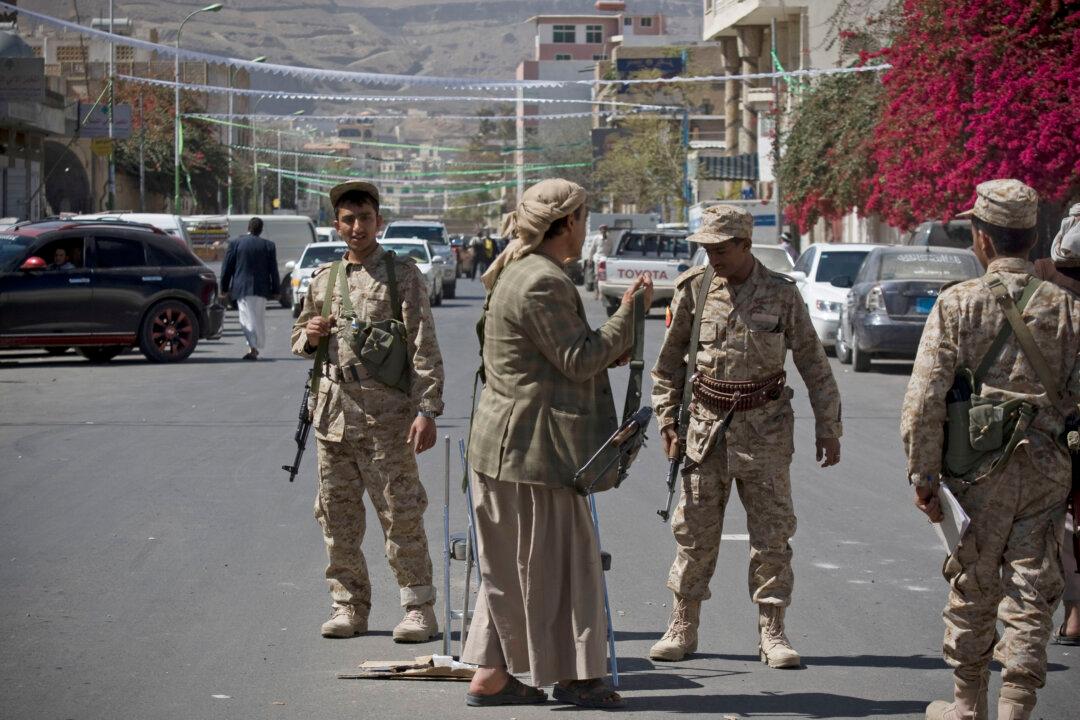WASHINGTON—In another challenge to President Barack Obama’s efforts to close the Guantanamo Bay prison, a ban on transferring detainees to Yemen has been effectively pushed back into place because of security concerns in the volatile Middle Eastern nation, administration officials say.
While Obama approved sending detainees back to Yemen nearly two years ago, his administration has yet to use that authority. And officials say deep concerns about the threat posed by a Yemeni-based al-Qaeda offshoot have removed that option for the foreseeable future, although that could change if conditions improve. The officials described the stance on condition of anonymity without authority to speak on the record.


